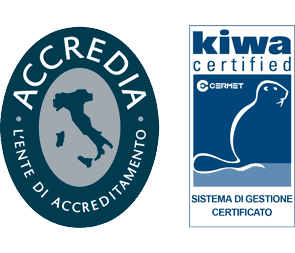What is it and what it is used for?
Conservative dentistry is the area of dentistry that focuses on prevention and the treatment of dental hard tissue lesions. Restorative therapy aims to achieve different results, such as: the elimination of causal factors of the disease and motivation of the patient for optimal hygiene control, the prevention of decay lesions using non-invasive manoeuvres such as fissure sealings in children, maintaining pulp vitality and restoring the form and function of single elements, achieving aesthetic integration of reconstruction in the oral cavity. Unless accompanied by meticulous prophylaxis measures, conservative therapy only temporarily solves the patient’s problems and decay lesions are likely to return. Some patients place a great amount of importance on the health and aesthetics of their oral cavity; others only tend to seek emergency treatment; some can be described as mid-way between both attitudes. Home and professional hygiene along with regular check-ups play a fundamental role in the prevention of oral cavity diseases.
What does therapy consist of?
Therapy consists of the complete removal of demineralised and infected tissues, followed by the reconstruction of the space using composite materials (highly aesthetic), or amalgam (classic “dark fillings”). Dentin softened by decay can be removed using a low/very low speed miller or by hand, with the use of instruments. With very deep decay, close to the nervous and vascular structures of the tooth, often the professional may opt for endodontic treatment (devitalisation), to avoid symptoms or complications.
How can I avoid getting tooth decay?
Unfortunately there are many variables at play but while it is not possible to entirely eliminate the risk of tooth decay, we can still minimise the probability of its occurrence by:
- following a healthy lifestyle, diet in particular;
- correct home hygiene;
- professional check-ups at least twice a year;
- a hygienist appointment every six months;
- the topical application of fluorides, if necessary.
The uncontrolled presence of bacterial plaque, linked above all to poor hygiene, increases the risk of primary (on untreated teeth) and secondary decay (on elements previously treated for any kind of restoration).
Our surgery
The surgery Dental@Med in Foligno uses nanohybrid composites for highly aesthetic and long-lasting restorations. It also removes silver amalgam fillings, replacing them with more aesthetic ones. It also provides pedodontic services, conservative treatments and sealings for children.


